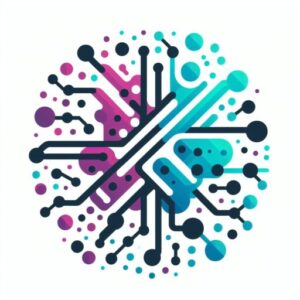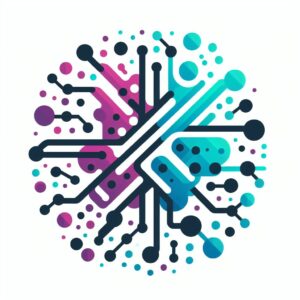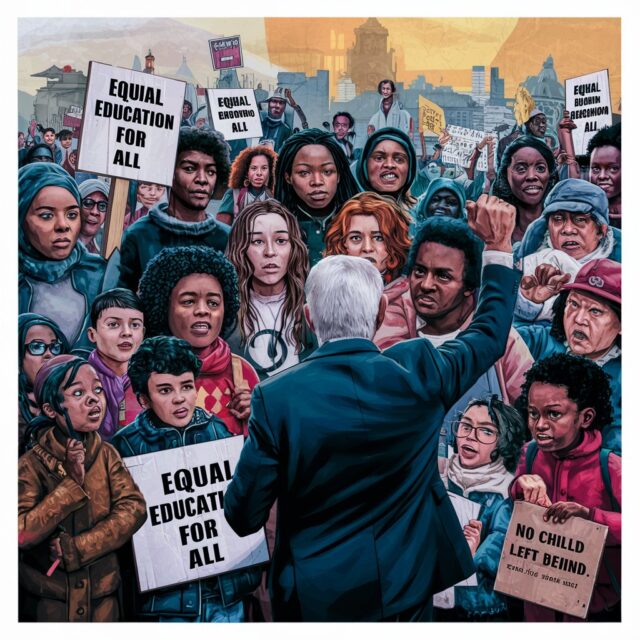Giving schooling opportunities fairly to all under privileged individuals is a fundament corner point of social justice and human rights. Following that, despite the blocking power systemic mechanisms have, this can prevent groups from fully acting in the educational system. Political measures should play a prominent role in addressing particular education equity and unfairness.
On of the key political steps is adoption and implementation of the anti-discrimination laws that are aimed to fight against the discrimination of suppressed groups whereas it takes accountability of race, ethnicity, gender, disability or social status. Such laws establish a legal structure ensuring every individual enjoys the same school resources notably buildings and procedure regardless of where they come from.
On the other hand politicians should present by selection of the specially designed actions targeted at covering the specific side effects and social blunders of marginalized groups of people. Besides, there is a need to provide culturally experienced staff for the creation of a new curriculum apart from hiring of diverse educators and providing of psychological aid services such as counseling and mentorship for students.
Additionally and importantly, the politics of education is a vitally efficacious instrument in campaining against the systemic inequalities in education sector, like tracking and streaming systems that overwhelmingly marginalized children are channeled into lower-level classes without much room for further growth. Through publicity of those inequalities and making a bid for policy modification political actors can hence eradicate educational disproportion.
Additionally in political area; social inequalities can be addressed by investing in a tax-based financial mechanism that would balance funding by providing all schools with enough resources to enable delivery of high-quality education. Such a reform may lie in the field of revamping school finance system that will curb dependency on property taxes as a main source of school funding and allocating fund to schools serve high-poverty communities.
Additionally, explicit policies which are inclusive in nature in order to accommodate all types different learning needs of the marginalized students should be adopted, for the example, English language learners, students with disabilities and LGBTQ+ young ones. This could imply the school leaders’ initiative to give the educators with professional training, to strengthen the inclusive curriculum, and to help those populations access the support service adapted to their lives.
Many factors interact to contribute to a level playing field in the educational process for the excluded but government intervention must be proactive such that it seeks to address inequalities as well as promote equity in educational opportunities. By making anti-discriminatory laws, providing the supply for assisting underprivileged groups with their specific needs, and challenging all the systemic barriers to educational equity, the political actors can able to create an inclusive and fair educational system that caters for everybody.












